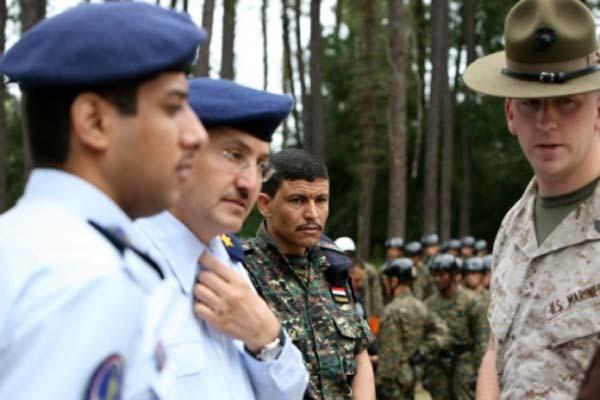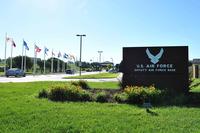The small contingent of U.S. troops sent into Yemen as a "liaison team" in the multi-sided civil war will be staying there for a while, with no plans for an immediate pullout, the Pentagon said Monday.
"It's going to be a limited period of time, but I don't have a particular deadline" for the withdrawal of the troops who were believed to be from the Special Forces, said Pentagon Press Secretary Peter Cook.
In disclosing the presence of the U.S. troops in Yemen, Navy Capt. Jeff Davis, a Pentagon spokesman, said Friday the troops had been in the country for about two weeks and their stay was expected to be on a "short-term" basis.
Their mission was mainly to coordinate intelligence and surveillance for forces of the United Arab Emirates and Saudi Arabia, and troops loyal to the Yemeni government, in a drive against the al-Qaida on the Arabian Peninsula terror group.
Davis would not say how many U.S. troops were on the ground and neither would Cook.
The amphibious assault ship USS Boxer with Marines from the 13th Marine Expeditionary Group aboard and the guided-missile destroyers USS Gravely and USS Gonzalez were positioned off the Yemeni port of Mukalla.
Fighters affiliated with al-Qaida on the Arabian Peninsula reportedly have been driven out of Mukalla by the Arab coalition forces led by Saudi Arabia.
However, Cook said at a Pentagon briefing the U.S. troops in Yemen were "still in country, still providing that liaison role, particularly in support of intelligence sharing."
Yemen's civil war began in March 2015 when Shia Houthi tribesmen overran the capital of Sanaa and ousted the Sunni-led government. About 125 U.S. Special Operations troops, who had been in Yemen for action against AQAP, were withdrawn from the country as Sanaa fell.
In addition to the small team of U.S. forces on the ground, the U.S. military is also providing the Arab coalition with intelligence support, advice and assistance with operational planning, maritime interdiction and security operations, medical support and aerial refueling, Davis said last week.
The Houthis, who are backed by Iran, and the Saudi-led Arab coalition and the Yemeni government in exile have been involved in peace talks in Kuwait for several weeks.
The Saudi state news agency SPA reported Monday that Saudi air defenses intercepted a ballistic missile fired from Yemen, but Saudi officials pledged to continue the peace talks despite the "serious escalation," Reuters reported.
--Richard Sisk can be reached at Richard.Sisk@Military.com.
























